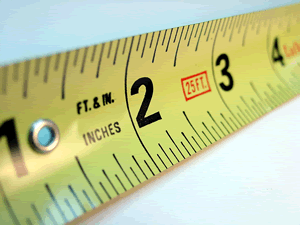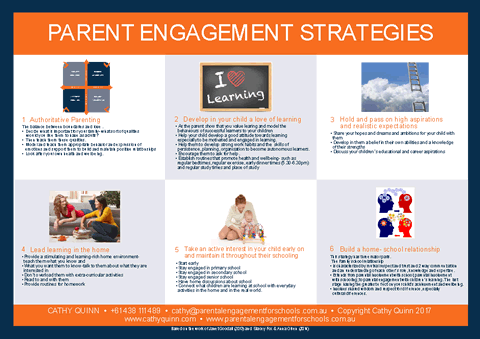 “Should we be encouraging people to accept their bodies when we are all getting so fat?!”
“Should we be encouraging people to accept their bodies when we are all getting so fat?!”
The concurrent rise of overweight and obesity together with body discontent presents a dilemma for many health and education professionals as well as the public. Maybe you’ve found yourself wondering “should we really be encouraging people to accept their bodies when we are all getting so fat?!”
How can we negotiate this apparent divide between body image (BI) and body weight (BMI)?
Firstly, both issues are equally important.
My experience has been that in the more conservative arenas of public health, body image concerns can get sidelined when held up against obesity. And in the more the American-style, rights-based approach to fat-acceptance the need to care for our physical bodies can seem to take second place.
Both body image and body weight are important in their own right as they both affect our health and wellbeing. They are also highly inter-related. So rather than try to establish a hierarchy of importance, let’s understand their connection.
Both issues need to be addressed together.
Why? Because misguided approaches to weight management can lead to self-esteem and body image problems. For example, when praise is offered in response to weight loss, (rather than personal praise being offered regardless of weight status) people develop a close association between being affirmed and weighing less. This embeds the idea that self worth is dependent on appearance – the very belief that can fuel body image problems.
Also, body image problems can lead people to become under or over a healthy weight through interfering with people’s ability to eat well and be active. For example, body dissatisfaction predicts dieting, and dieting is a predictor of binge eating. Or feeling self-conscious about appearance can deter some from engaging in physical activity, especially if it involves being seen in public.
Failure to integrate and understand the impact of body image on health behaviours, undermines the effectiveness of many health promotion strategies. For when body image ideals and health goals collide, the body image goals often triumph. Fear of weight gain, for example, is one reason why young girls continue to smoke.
Both issues can be addressed together, rather than seen as opposing forces.
An integrated approach to body image and weight problems requires that we embrace the acceptance – change paradox which Marcia Hutchins (author of Transforming Body Image) explains so well:
“Change does not come from disgust or self-rejection, but by a realistic acceptance of who you are and a desire to be the best possible version of that reality. Any diet or fitness regime that we impose on our bodies that is inspired by self-disgust will be punitive and our bodies will rebel and fight us at every turn…Only when we know and accept who we are, can we change”.
Acceptance is not a passive resignation or a giving up. Rather, self-acceptance is the key that provides a positive motivation for caring for your self and your body through behaviors such as healthy eating and being active – the keys to long term weight management.
Using a health-centered rather than a weight-centred approach can address the common risk factors that underlie both obesity and poor body image, as documented by researcher Dianne Neumark-Sztainer from the University of Minnesota.
Everyone benefits from promoting positive body image – not just fat people.
Some people perceive challenging fat prejudice as simply about making fat people feel OK about themselves. However, breaking down the pervasive negative stereotype of larger people benefits everyone, not just fat people. Fat prejudice fuels fear of fat. And this fear can undermine the physical and mental health of many normal and underweight people.
For example, one Australian study showed that fear of becoming overweight amongst healthy weight primary school girls was strongly associated with depression and anxiety symptoms.
No matter what you weigh, we all benefit from creating a positive body culture that includes and values people of all shapes and sizes.


